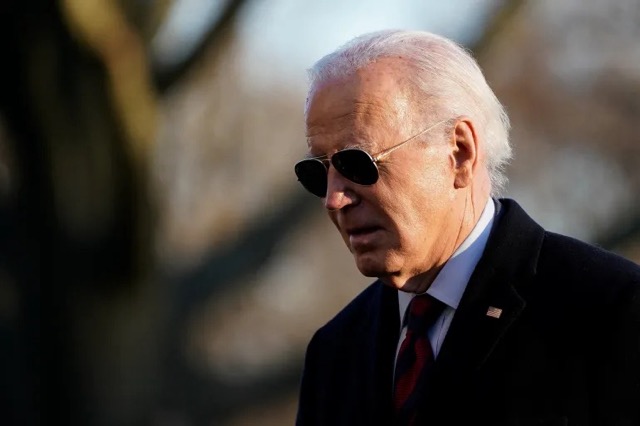President Joe Biden signed a stopgap spending bill into law on Saturday, avoiding a potential partial government shutdown.
Earlier in the week, an earlier version of the bill spanning 1,547 pages, which included disaster aid and various policy provisions, sparked significant opposition. Key figures such as President-elect Donald Trump, Vice President-elect J.D. Vance, and Elon Musk criticized the measure.
“Republicans must GET SMART and TOUGH. If Democrats threaten to shut down the government unless we give them everything they want, then CALL THEIR BLUFF. It is Schumer and Biden who are holding up aid to our farmers and disaster relief,” Trump and Vance said in a joint statement opposing the bill.
????BREAKING: President Trump just told Republicans in Congress to "GET SMART and TOUGH" in a Truth Social post. pic.twitter.com/KQmweFz8UM
— Bo Loudon (@BoLoudon) December 18, 2024
The earlier version would have extended government funding through March 14, 2025, and included over $100 million for natural disaster relief, such as Hurricane Helene victims, along with $10 billion for economic assistance to farmers. The massive scope of the bill and provisions like raising lawmakers’ cost of living drew widespread backlash.
By Thursday, House Republicans introduced an amended version at Trump’s request. This iteration proposed a two-year debt limit suspension, a three-month extension of spending levels, and $110 billion for disaster aid and farmer support. However, despite strong conservative support, Democrats and several Republicans opposed it, leading to its failure on the House floor.
On Friday, Congress passed a short-term funding measure that provided disaster and agricultural assistance, though it did not include the debt ceiling suspension Trump had advocated for. The House passed the bill with 366 votes, achieving the required two-thirds majority, and the Senate approved it with a vote of 85 to 11.
The passage of the short-term funding plan provides temporary relief and keeps the government operational, but debates over long-term fiscal solutions are likely to continue.
 Telegram is where we really talk. Don't miss out!
Telegram is where we really talk. Don't miss out!







